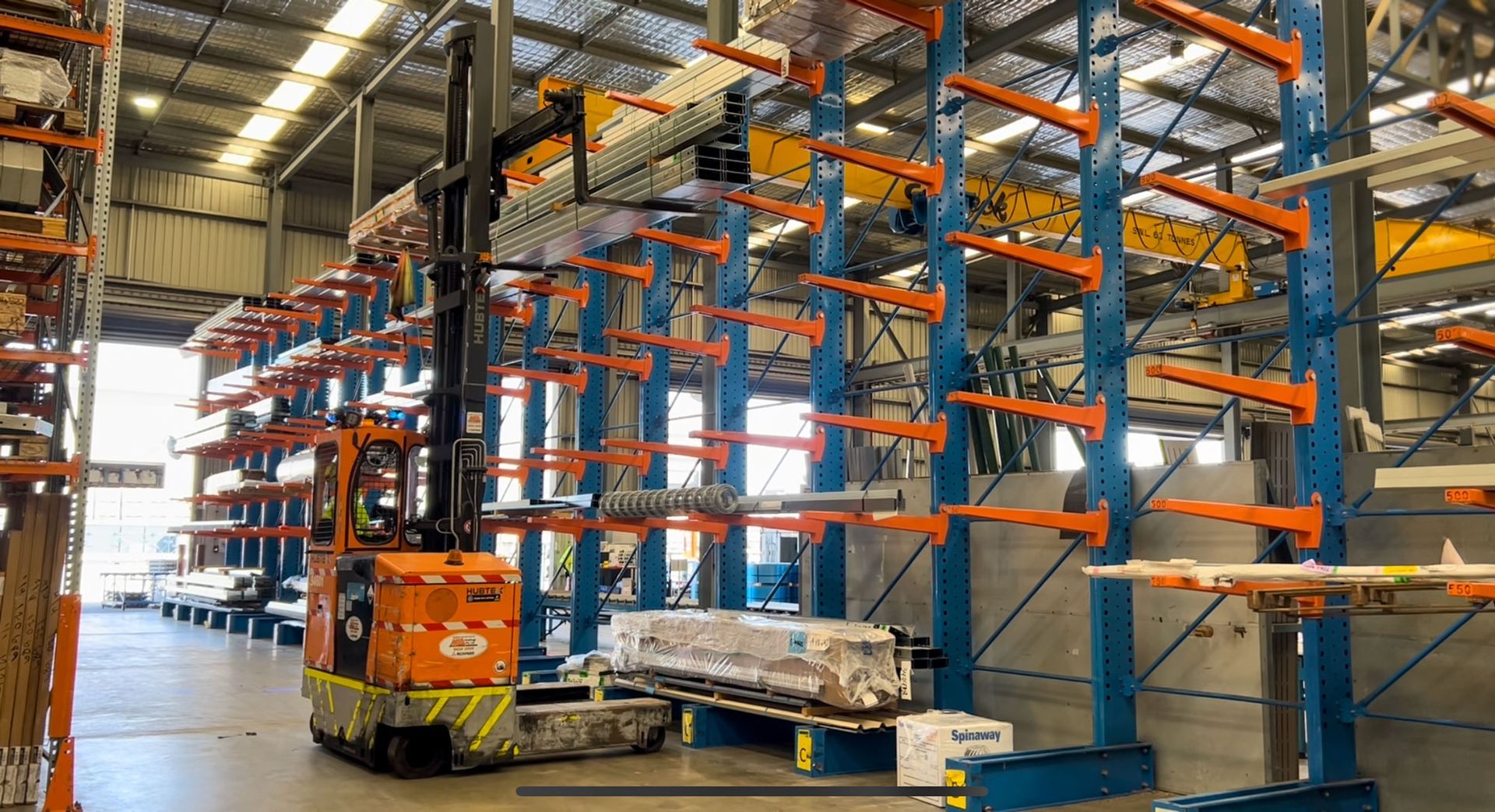A Manager's Guide to Identifying Burnout Symptoms in Blue Collar Workers
Blue-collar workers across WA’s many industrial sectors such as manufacturing, warehousing, and transport and logistics, make a pivotal contribution to business success. They often work in challenging environments and have to meet tight deadlines while producing quality work. Their reliability and resilience are what keep business moving. But even the most committed teams aren’t immune to fatigue or exhaustion.
Burnout is a state of emotional, physical, and mental exhaustion. It can build up gradually, often hidden behind tired eyes or a drop in motivation. Spotting the early signs isn’t just about protecting productivity, it’s about supporting the people who turn up, day in and day out.
IRP believes good recruitment doesn’t just stop once a candidate is placed. We provide ongoing HR Solutions to help businesses support their workers beyond the hire. Here’s our guide for identifying the symptoms of burnout in blue-collar workers and what managers can do about it.
What Is Burnout?
The World Health Organisation defines burnout as a result of chronic workplace stress that hasn’t been successfully managed. It’s characterised by:
- Emotional exhaustion
- Increased mental distance from one’s job
- A sense of reduced performance
It’s not just feeling tired after a significant shift. Burnout is a gradual process that affects physical and mental health, job satisfaction, and long-term performance. When left unchecked, it can lead to more serious mental health conditions, such as anxiety or depression.
Read more about mental health in the workplace from Safe Work Australia.
Common Signs of Burnout
Recognising the signs and symptoms of burnout early is essential. Here’s what to look for in your crew:
1. Physical Complaints
Many workers push through physical symptoms, but these can be early indicators of physical burnout symptoms:
- Frequent headaches
- Muscle pain, especially in the neck and shoulders
- Digestive issues
- Feeling tired even after rest
- Changes in appetite or eating habits
- Heat Stress
Long-term exposure to overwhelming stress can also contribute to serious conditions like heart disease and high blood pressure.
2. Emotional and Mental Health Symptoms
Burnout affects more than the body, it affects mental health too. You may notice:
- Negative feelings toward work or co-workers
- Self-doubt or reduced confidence
- Difficulty concentrating on tasks
- Withdrawal from team interaction
- A drop in mood and energy levels
These symptoms can potentially develop into mental health issues if unchecked. Managers need to be alert and approachable when changes in emotional wellbeing arise.
3. Reduced Work Performance
If someone is typically dependable but is suddenly missing deadlines, making mistakes, or avoiding responsibility, it could be a symptom of habitual burnout, not laziness. This includes:
- Taking longer to complete tasks
- Declining quality of work
- Avoiding certain jobs or tasks
- Feeling detached from everyday tasks
Common Burnout Triggers in Blue-Collar Jobs
Blue-collar roles often involve high physical demands, too many responsibilities, or unpredictable shifts. These conditions can easily result in prolonged burnout, especially when support systems are lacking.
Burnout is particularly common in sectors where workers have:
- Little or no control over schedules or tasks
- Irregular or long hours
- High-risk responsibilities
- Limited feedback or recognition
- Poor work-life balance
- Excessive exposure to heat
Burnout can also be influenced by personality traits, such as perfectionism or reluctance to ask for help. It can also result from a Toxic Work Environment. Find out how to avoid this in your workplace in our blog "What is a Toxic Work Culture?".
What Managers Can Do
Burnout can’t always be prevented, but the way you manage your team plays a huge role in reducing its impact. Here’s how to spot the signs and support your workers:
1. Have a Conversation
Many people don’t know how to tell their boss they're burned out because they’re worried about repercussions. That’s why it’s crucial to create a culture where speaking up is safe.
Try asking:
“You’ve seemed a bit flat lately, how’s everything going? Is work feeling manageable?”
Start with empathy, and listen carefully. Encourage them to speak with a mental health professional or your in-house HR support team if needed.
2. Look at the Big Picture
If multiple team members are showing signs of burnout or feeling overwhelmed, it might be time to reassess workflows, rostering, or site conditions. Are you offering:
- Regular breaks?
- Realistic deadlines?
- Opportunities for team input?
Small tweaks to how the day runs can make a big difference in reducing occupational consequences.
3. Encourage Self-Care and Support
Self-care isn’t just a buzzword, it’s essential. Encourage your staff to:
- Maintain healthy sleep habits
- Prioritise a healthy diet
- Stay active outside of work
- Access EAPs or other workplace mental health resources
If your business doesn’t currently offer this kind of support, IRP’s HR Solutions team can help you get the right systems in place.
Prevention Starts with Leadership
Burnout prevention is a team effort, but it starts with leadership. As a manager, you can set the tone by:
- Leading by example (take breaks, don’t glorify overworking)
- Checking in with your crew regularly
- Offering flexibility when life gets in the way
- Taking signs of burnout seriously
It’s also worth reviewing your own workload and support system. Burnout FAQs show that leaders are often at risk of chronic stress which can be inadvertently passed down to employees.
For tips on managing your own stress as a leader, Medicare Mental Health Centres is a government initiative supporting workplace mental health.
How IRP can Assist with Burnout Symptoms in Employees
As a WA-based recruitment company specialising in blue-collar industries, IRP understands the pressures that come with working in hands-on, fast-paced environments. But no one should feel alone when they’re experiencing burnout.
If you want to create a workplace culture that values mental health, resilience, and long-term performance, it starts with recognising the early burnout symptoms and responding with care. At IRP, we don’t just place people in jobs, we continue to support the workers we place through personalised HR assistance, helping them stay safe, supported, and set up for success.
Need support building a stronger, healthier workforce? Learn more about our
HR Solutions
or
Contact IRP
for tailored recruitment support across WA’s key industries.
Join Our Mailing List
Interested in receiving more content similar to this straight to your inbox each month? Sign up to our mailing list below!











